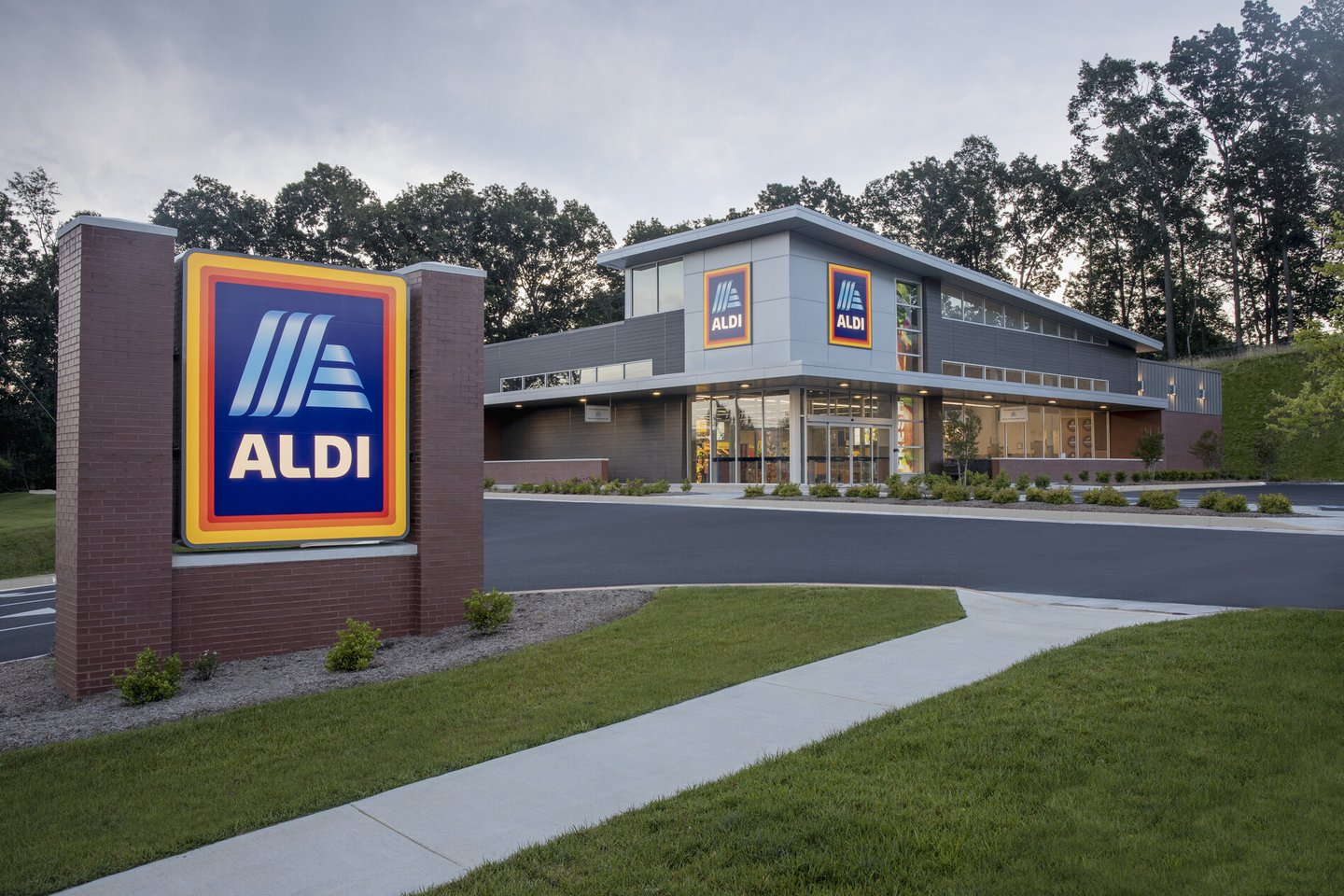Nation's Largest Retailers Driving Private Label Sales
As more consumers turn to private label products seeking cost savings, the nation’s biggest retailers are among the top sellers of items sold under store brands, according to a new report from Numerator.
Walmart is a driving force in sales of private label products with four of its own brands topping the list for household penetration: Great Value (purchased by 72.7% of US consumers), Equate (51%), Marketside (44.2%), and Freshness Guaranteed (40%). Dollar Tree rounds out the top five with 32.5%.
When tracking sales percentage of private label products, not surprisingly Aldi tops the list with 77.5% of its sales driven by its own brand products. Following the discount grocer is Trader Joe’s (59.4%), Wegmans (49.4%), Costco (33.5%), Sam’s Club (30%) and HEB (26.9%).
Notably absent from the list is Amazon. While the retailer’s private label consumer electronics and home goods assortment accounts for a significant portion of sales in both categories, it posts a private label share of only 3% in key categories including grocery, household and health & beauty products.
Aldi, Target, and Amazon lead in fastest growing private label brands. Aldi private label household penetration grew by 2.3 points from Q2 2021 to Q2 2022, followed by Favorite Day/Target (+2.2 points), Amazon Basics (+1.7), Member’s Mark/Sam’s Club (+1.3) and Kwik Trip (+1.3).
Within the grocery sector, private label brands account for 17.4% of sales, while branded products account for 82.6%. In the Household products sector, private label brands account for 19.5% of sales, compared to 80.5% for branded items.
On the consumer side, private label grocery items hold a similar share among low income (17.1%), middle income (17.9%), and high income (17.2%) consumers. In fact, Numerator reports that high income consumers have the most favorable opinions of private label products. More than half of high income shoppers (56.9%) rate private label products’ value as excellent/above average, compared to 55.2% of middle income and 52.5% of low income shoppers who said the same.
As inflation remains a major issue for consumers, price is becoming more important than brand name for many consumers. In recent months, the number of consumers who say price is more important than brand name has grown across all income levels. More middle and high income consumers are buying private label to save money. Nearly two in five high income (39.5%) and middle income (38.8%) consumers are purchasing private label products as a cost-saving measure


